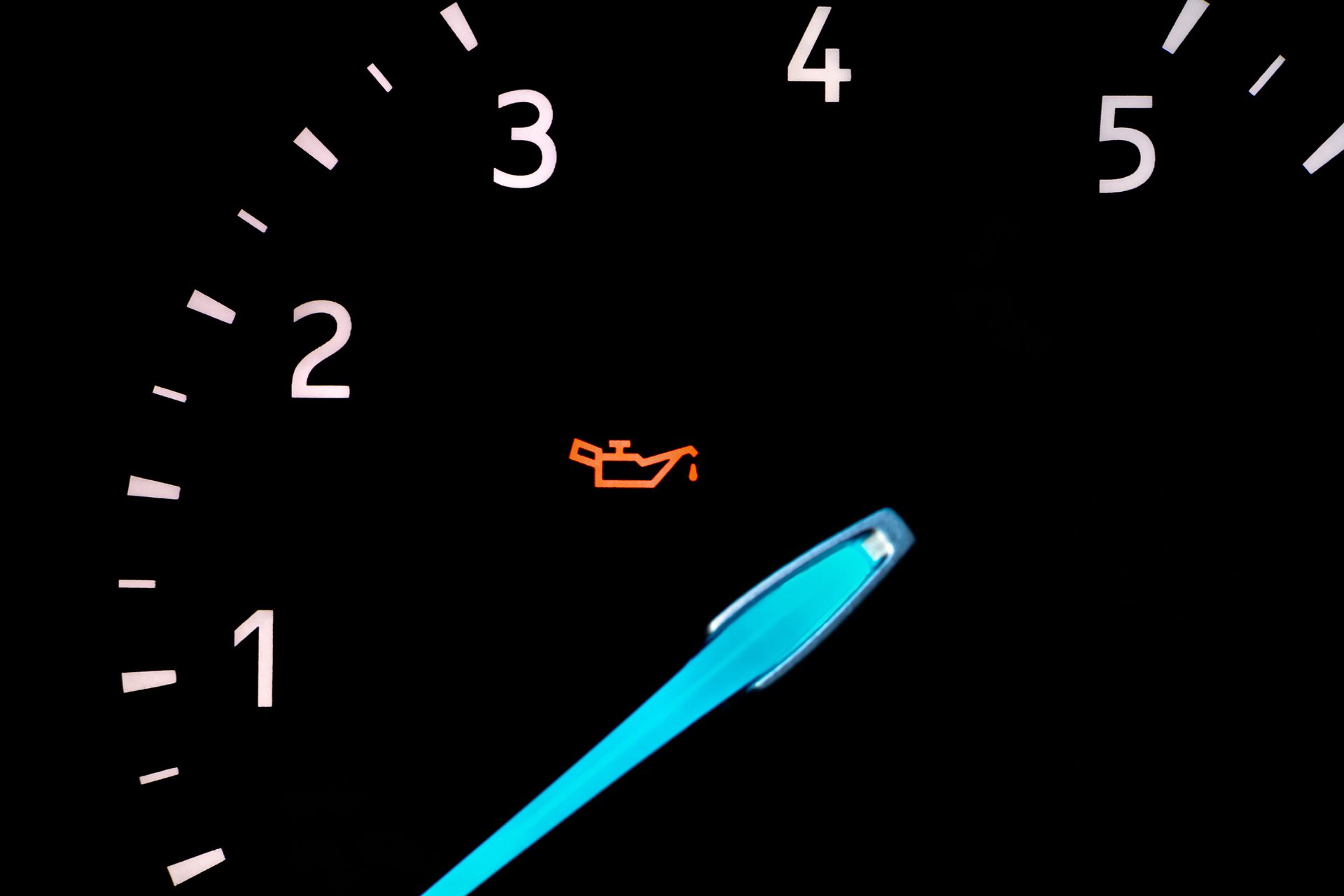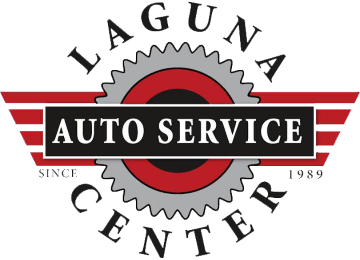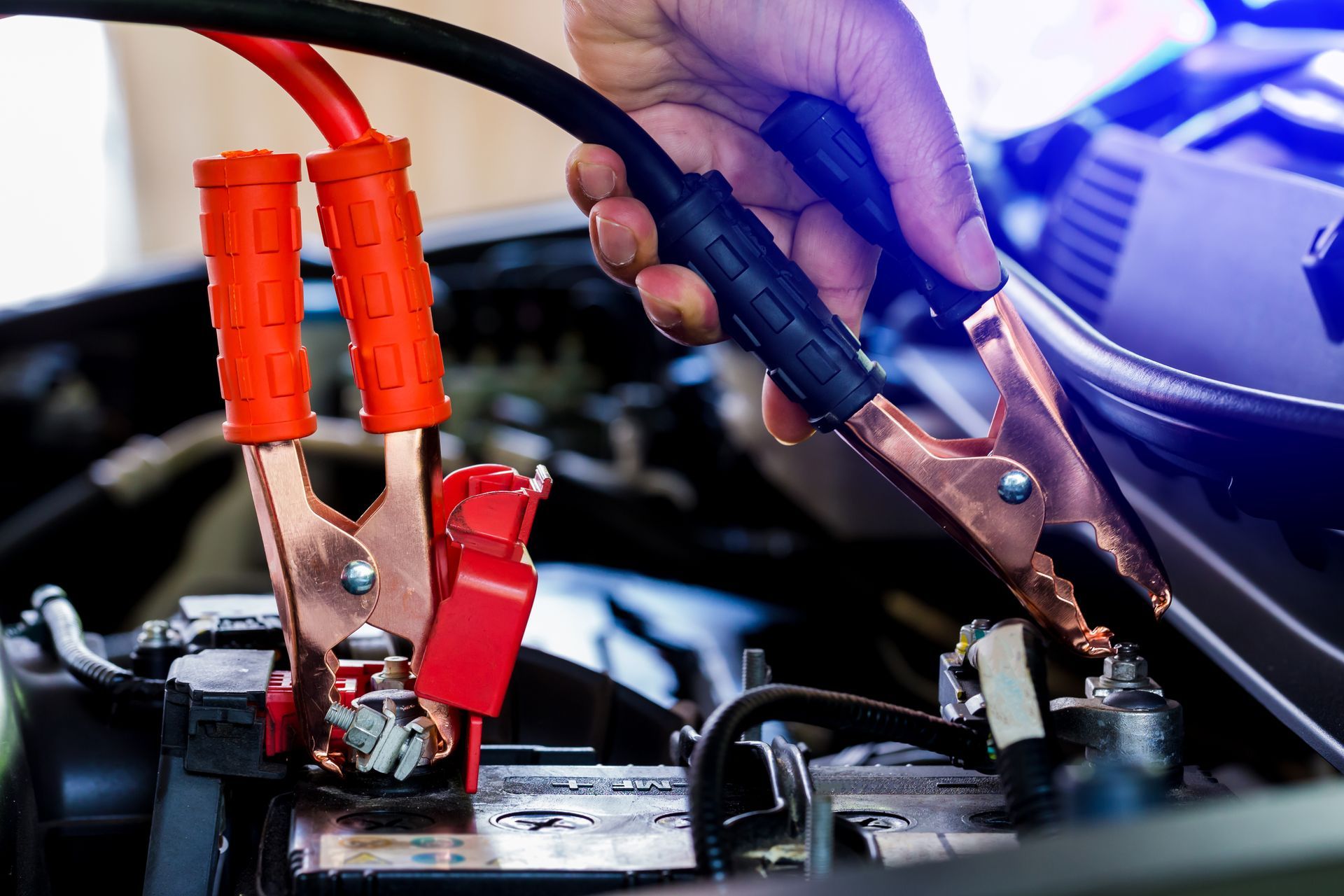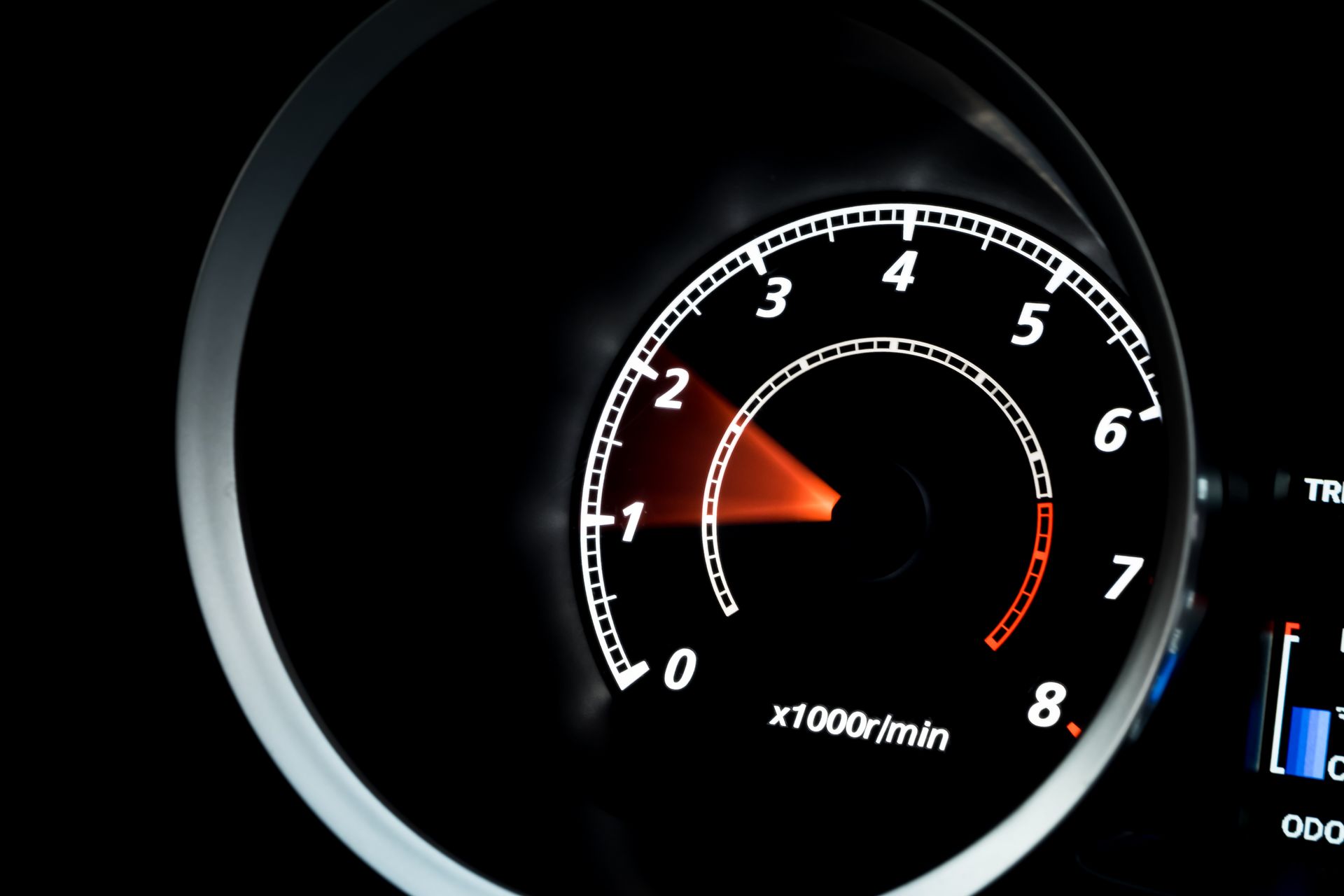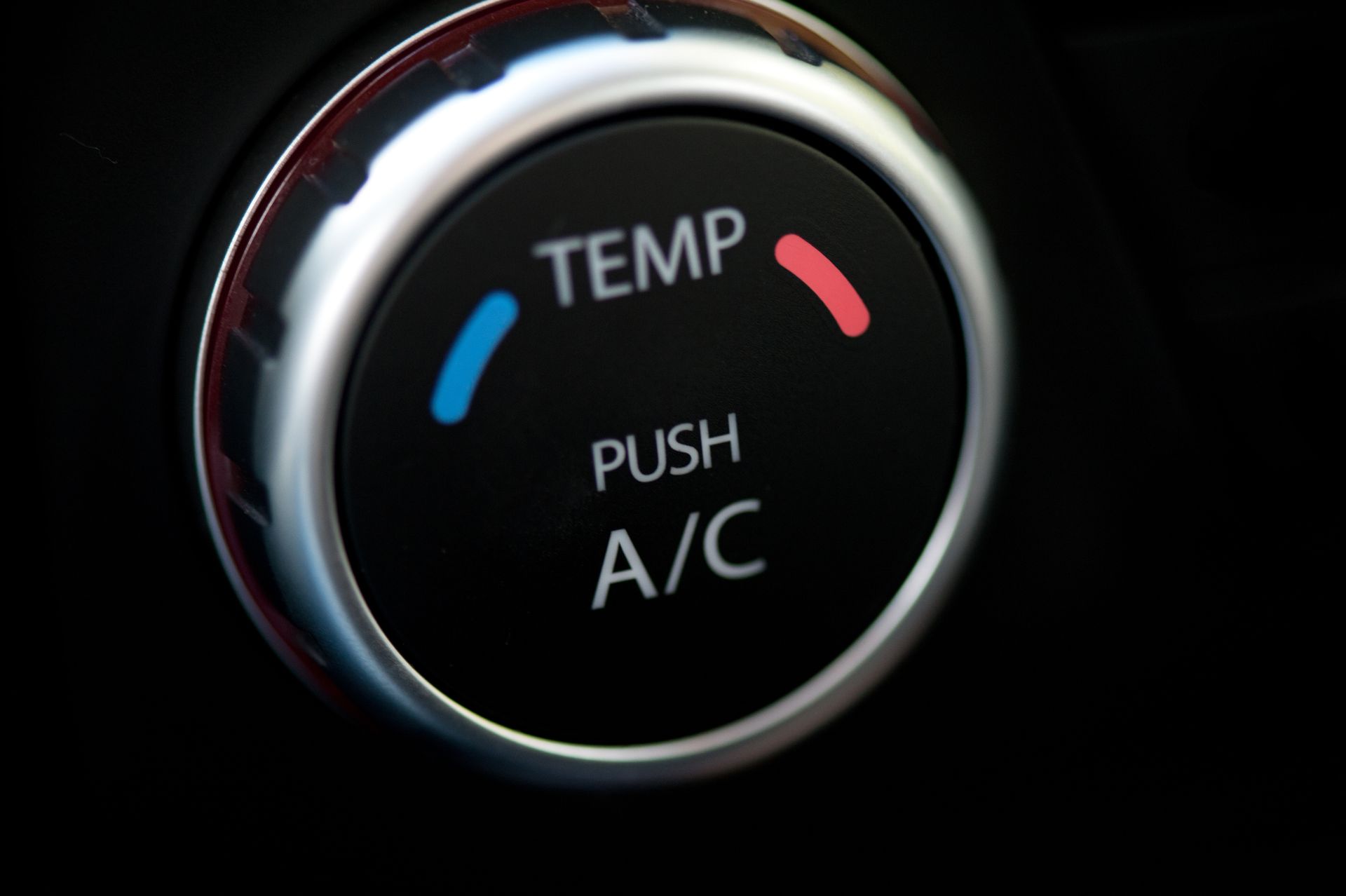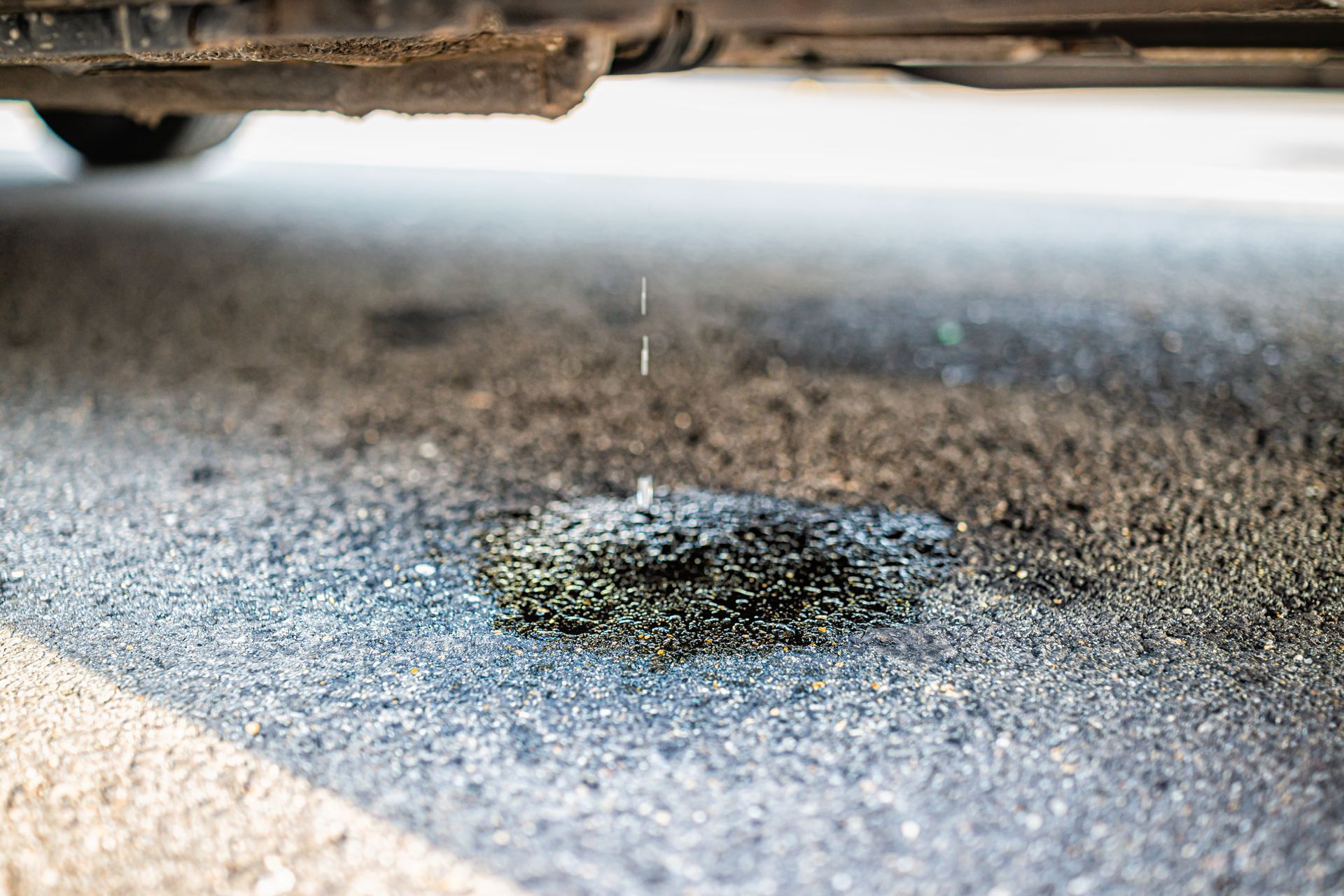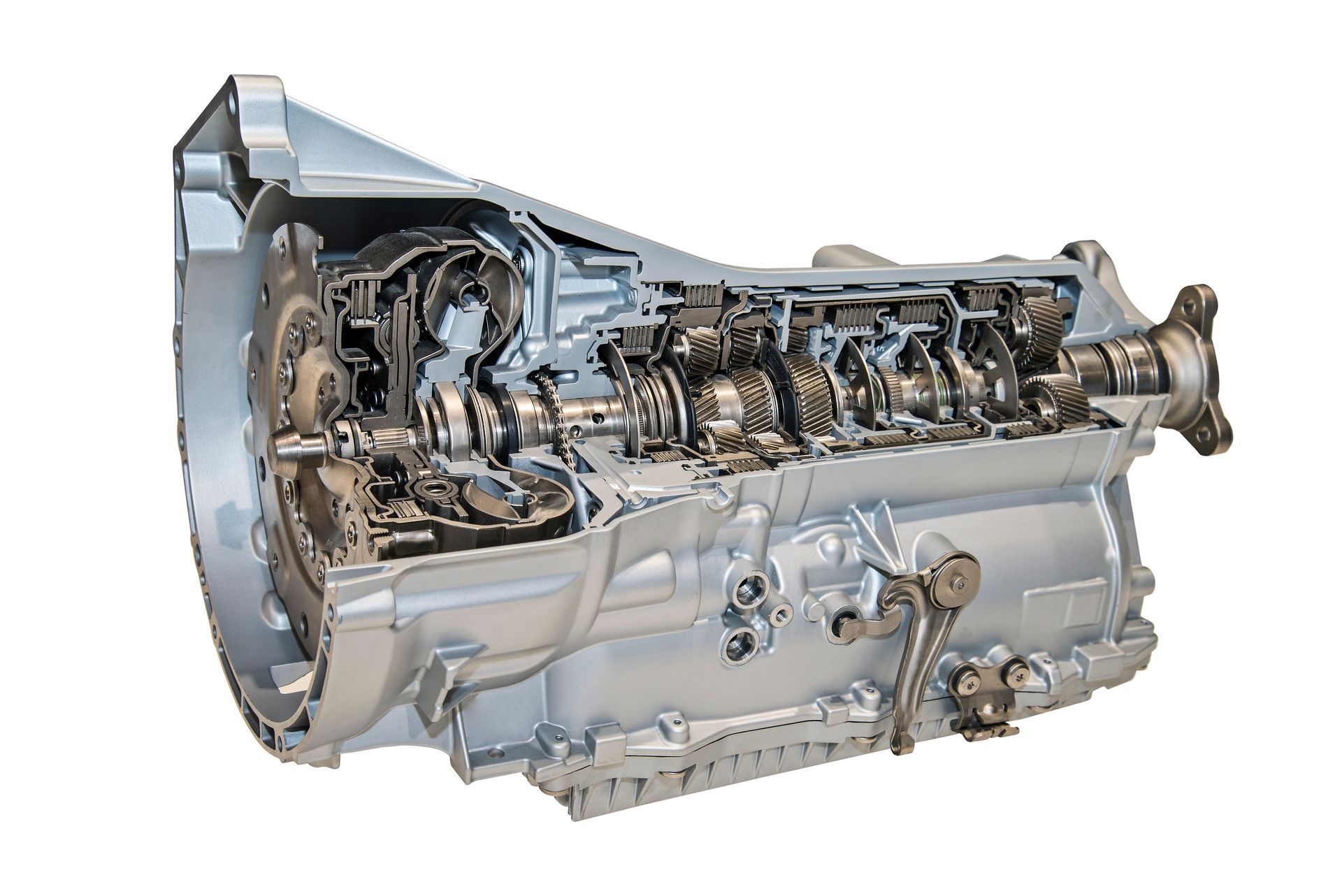Hearing a tapping noise coming from your engine can be alarming. While some engine sounds are harmless, a persistent tapping noise often indicates that something requires immediate attention. Ignoring it can lead to more serious and costly damage down the line. Understanding the potential causes and what to do next is key to protecting your engine and avoiding unexpected breakdowns.
What Does a Tapping Noise Sound Like
An engine tapping noise is typically a rhythmic ticking or tapping that increases with engine speed. You might hear it most clearly at startup, during acceleration, or when the engine is under load.
The sound can come from various sources, and its exact cause needs to be diagnosed by a professional to avoid misinterpretation.
Common Causes of Engine Tapping
Low or Dirty Engine Oil
One of the most common reasons for a tapping noise is low or degraded engine oil. Oil lubricates moving parts like lifters, camshafts, and valves. When oil levels are too low or the oil is old and has lost its viscosity, parts may not receive adequate lubrication, resulting in a tapping sound.
Checking your oil level and condition is the first step if you hear unusual noises.
Valve Train Issues
The valve train includes components such as lifters, rocker arms, and pushrods. Wear or malfunction in these parts can cause a tapping sound. Hydraulic lifters, for example, rely on oil pressure to operate smoothly, and problems here can quickly escalate if left unaddressed.
Faulty or Worn Timing Components
The timing chain or belt keeps the engine’s moving parts synchronized. A stretched or worn timing chain can create a tapping or rattling noise as it slaps against other components.
A failing timing system is serious and should be checked immediately to prevent catastrophic engine damage.
Exhaust Leaks
A small exhaust leak near the manifold can sometimes produce a ticking sound that’s mistaken for an internal engine noise. While generally less serious, it still requires attention to avoid further exhaust system problems and potential emissions issues.
Piston Slap
In some cases, the tapping sound may come from the pistons. This condition, known as piston slap, occurs when the piston doesn’t fit tightly in the cylinder when cold. The noise may diminish as the engine warms up.
Although piston slap is more common in high-mileage or older engines, if severe, it can indicate worn components that may eventually require repair.
Why You Shouldn’t Ignore the Tapping Noise
A tapping noise is often an early warning sign. Continuing to drive without addressing it can lead to more extensive engine damage, including worn bearings, damaged valves, or even complete engine failure.
Addressing the issue early not only protects your engine but also saves you money in the long run by avoiding major repairs.
What to Do First
If you hear a tapping noise, check your oil level right away. Top it off if it’s low, but remember that adding oil won’t fix any underlying problems.
If the noise persists after checking the oil, schedule an inspection as soon as possible. Continuing to drive with a suspected engine problem can cause additional internal wear and unexpected breakdowns.
Keep Your Engine Healthy with Laguna Auto Service Center in Laguna Beach, CA
At Laguna Auto Service Center in Laguna Beach, CA, we understand how unsettling engine noises can be. Our technicians have years of experience in diagnosing and repairing engine tapping sounds, from minor oil issues to more serious valve or timing problems. We’ll perform a thorough inspection, clearly explain our findings, and recommend the best course of action to get you back on the road safely.
Don’t let a small noise turn into a major problem — schedule your engine inspection today and drive with confidence knowing your vehicle is in expert hands.
